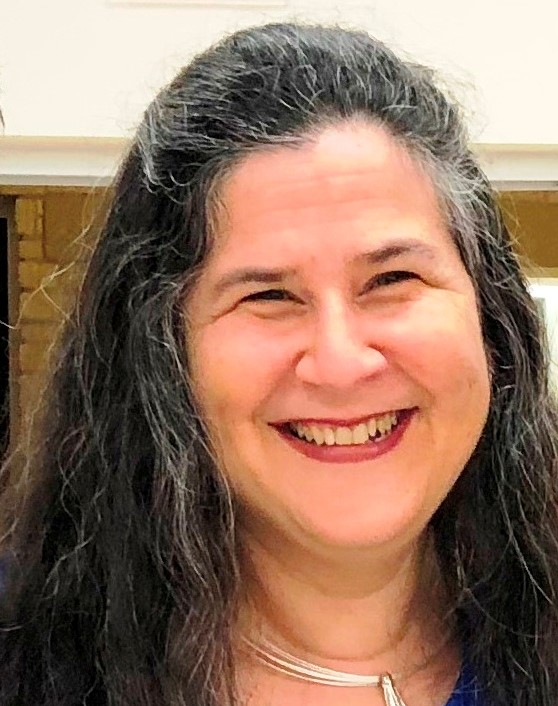
In some ways, Parshat Pinchas has a little bit of everything: from Pinchas being rewarded for killing an Israelite and a Midianite, to a census, to Joshua being chosen as Moses’s successor, and ending with the description of the sacrificial ritual for festival occasions. In the middle of all that is a story of Mahlah, Noah, Hoglah, Milcah and Tirzah – five women named in the Torah, where women are not often named. These five sisters were the daughters of a man who had no sons. Under the law at the time, land was passed down from father to son, but not to daughters. The women stood before Moses, Eleazar the priest, the chieftains and the whole assembly and asked for a holding among their father’s kinsmen. When Moses brought their case before the Eternal, the Eternal not only agreed that the women’s request was just, but also held that the same law would apply to other women in the same situation.
This story has always resonated with me because these sisters recognized the law was unjust, stood up for themselves, and succeeded in changing the law not only themselves, but for the generations of women thatfollowed. The result, while not perfect, since women would still only take if they had no brothers, was one step in the right direction in a cause that is still being fought today, with equal pay for equal work by women being a prime example of the unfinished work in our society.
In 2020, the story registers with me a little differently than it has in the past. Here were five women in a patriarchal society, who took it upon themselves to speak up for a better, more just society. It seems it would not have been easy for them to stand up to all those powerful people in their community and push for better treatment, especially as complaints were not always taken well. Yet they recognized the issue and addressed it with those with the power to help. While their cause was directly tied to their gender and their personal situation, the lesson learned about needing to speak up and work for a better tomorrow is much broader. Reading these words during our current somewhat difficult times, I was struck by the message that we are all Mahlah, Noah, Hoglah, Milcah, and Tirzah. We all have it in us to recognize injustices in our society and to find a way to act for a better society. Tizrah did not get the job done alone, and neither did Mahlah. Individually it may have seemed an impossible task. When we come together with others who see the same issue, we draw strength from one another and we can each do our part to address the injustices we have identified in our own society.
There was another way that this story stuck me in a new way this year. The five women were the ones impacted by the injustice and they spoke up about it with others who were not personally impacted and might not have paid much attention to women in such a situation. But the women spoke up about it to others, including Moses, and Moses then brought their case to the Eternal, resulting in the actual change. It had not been Moses’s cause and the outcome would not change whether he received land. Perhaps we all also need to be more like Moses in this case. When we learn about injustices in our community, whether through protests in the streets or the social justice initiatives of WRJ, we need totake on those causes because, even when it does not change our own situation, it is a step towards tikkun olam.
Whether through literal steps in a peaceful march or figurative, socially-distanced steps for one of the many causes WRJ supports, it is my hope that we step by step we will move through these turbulent times to a more just society.
Debra Goetz is a member of the WRJ Board. She currently serves as the President of the Sisterhood of Temple Emanuel of McAllen, Texas.
Related Posts

Parashat Yom Rishon shel Rosh HaShanah

Cultivating a Culture of Accountability and Belonging


